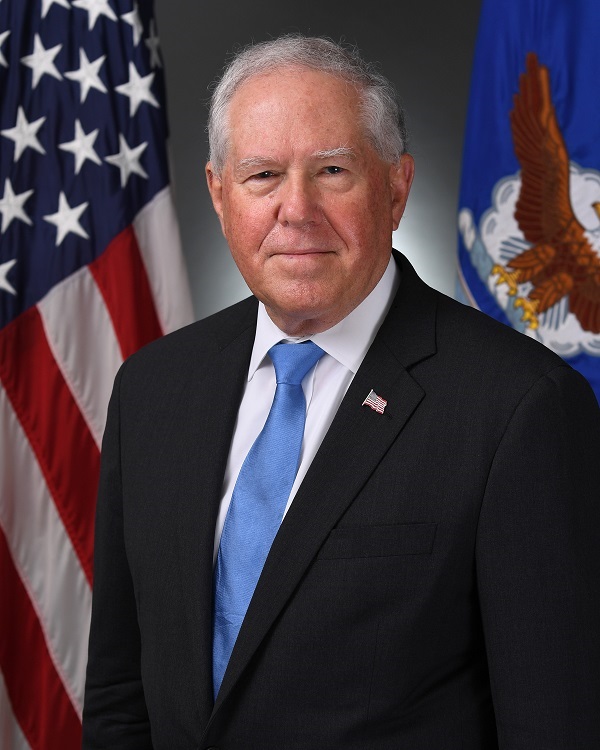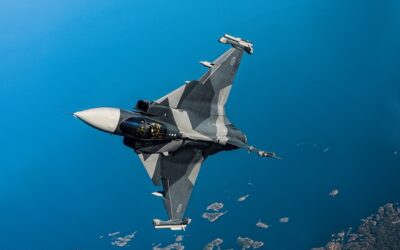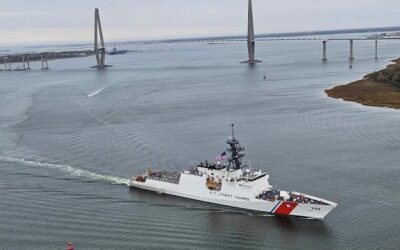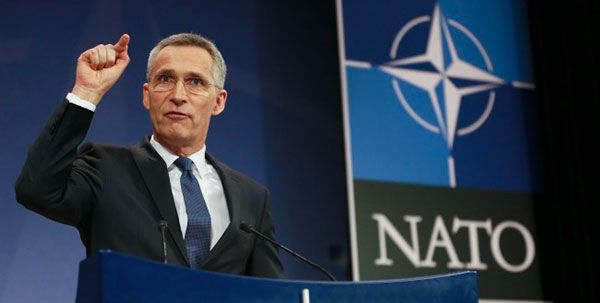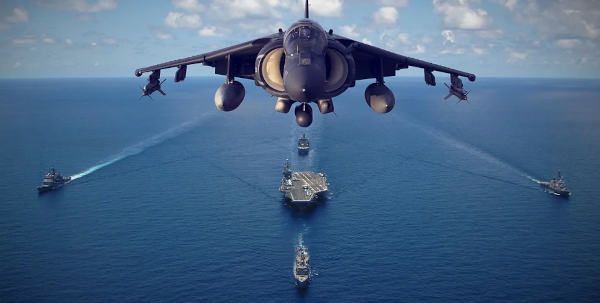Keynote Speech Highlights USAF Operational Imperatives
In an intriguing keynote address to AFA’s Air, Space & Cyber conference, set against the background of an expanding Ukrainian counter-offensive, Air Force Secretary Frank Kendall noted his priorities are synchronised with the National Military Strategy – foremost among them the rising challenge posed by China. “I’ve said from my first days on the job that my priorities were China, China, and China. I’ve been beating the drum about China’s military modernization for a long time – a dozen years – and I’d like to think that the message is starting to resonate,” he said.
Technology and innovation challenges and opportunities were also on his mind when he mentioned the seven Operational Imperatives that have forged the Air Force’s roadmap for modernising to meet China’s challenge and, to a lesser extent, that from Russia. The technology thrusts first articulated at the AFA’s Warfare Symposium in March were included in his keynote for their enduring relevance:
- Defining resilient and effective space orders of battle and architectures;
- Achieving operationally optimised advanced battle management systems (JADC2);
- Defining the Next Generation Air Dominance [fighter] system-of-systems;
- Achieving moving target engagement at scale in a challenging operational environment;
- Defining optimised resilient basing, sustainment, and communications in a contested environment;
- Maturing the B-21 Long Range Strike family-of-systems;
- Readiness of the Air Force to transition to a wartime posture against a peer competitor.
Delegates further benefited from the secretary’s statement that a major component of these operational imperatives is refining – and improving – the way information is collected, processed, analysed and shared across the Joint Force as part of an ‘all domain’ approach – which now includes cyber, space and other heretofore ‘plug-and-play”’ missions.
Kendall’s belated, but significant nexus to the Ukraine-Russia conflict was interesting, as he asserted technical prowess and state-of-the-art hardware are insufficient for success. “We’re seeing the price Russia is paying for failing to invest in its people […] We’re seeing failure at scale in action, and it’s very visible on the battlefield. Beyond that, we’re seeing the difference between those who are fighting for a cause and an organisation and team that they can believe in, and those whose only motivations are survival and avoiding harsh discipline.”
Marty Kauchak reporting for MON from National Harbor, Maryland

